Microsoft breached EU antitrust rules with Teams bundling practices – now it could face a hefty fine
The EU has levelled a statement of objections at Microsoft as part of its ongoing antitrust investigation


EU lawmakers have charged Microsoft for breaching antitrust rules over its Teams bundling practices, paving the way for a potentially hefty fine for the tech giant.
In a statement this week, the EU took aim at Microsoft’s “suite-centric business model”, stating that the company undermines competitiveness in the European market by bundling Teams into its Microsoft and Office 365 offerings.
“The Commission is concerned that, since at least April 2019, Microsoft has been tying Teams with its core SaaS productivity applications, thereby restricting competition on the market for communication and collaboration products,” the Commission stated.
The Commission expressed concern that Microsoft may not have given customers a choice in Teams acquisition when subscribing to Microsoft’s wider SaaS platforms, thereby giving Teams a “distribution advantage”.
The EU said then that such an advantage might have been exacerbated by “interoperability limitations” between Microsoft and its competitors, ultimately to “the detriment of customers in the European Economic Area”.
The commission acknowledged that Microsoft has made moves to ease the concerns of the European regulators since the investigation’s impetus in 2023.
For example, the company announced plans to unbundle Teams from its 365 platforms in Europe and then globally over the last year.
Sign up today and you will receive a free copy of our Future Focus 2025 report - the leading guidance on AI, cybersecurity and other IT challenges as per 700+ senior executives
Microsoft president Brad Smith also publicly expressed a commitment to taking further steps to solve the antitrust case earlier this year.
Smith has since responded to the latest developments in comment to ITPro - “Having unbundled Teams and taken initial interoperability steps, we appreciate the additional clarity provided today and will work to find solutions to address the Commission’s remaining concerns," he said.
The EU stated that the changes so far have been “insufficient” and that a greater degree of alteration is required to restore fair competition in the region.
“Preserving competition for remote communication and collaboration tools is essential as it also fosters innovation in these markets,” said Margrethe Vestager, VP in charge of competition policy in the Commission.
“If confirmed, Microsoft’s conduct would be illegal under our competition rules. Microsoft now has the opportunity to reply to our concerns,” she added.
Microsoft’s critics vindicated by EU ruling
The EU’s investigation into Microsoft began with a complaint made by rival productivity platform Slack, a firm now understandably pleased with the Commission’s latest decision.
The Salesforce-owned firm welcomed the decision by lawmakers, adding that the move will help improve competition for rival platforms in the region.
“The Statement of Objections issued today by the European Commission is a win for customer choice and an affirmation that Microsoft’s practices with Teams have harmed competition,” said Sabastian Niles, president and CLO at Slack’s owner, Salesforce.
RELATED WHITEPAPER
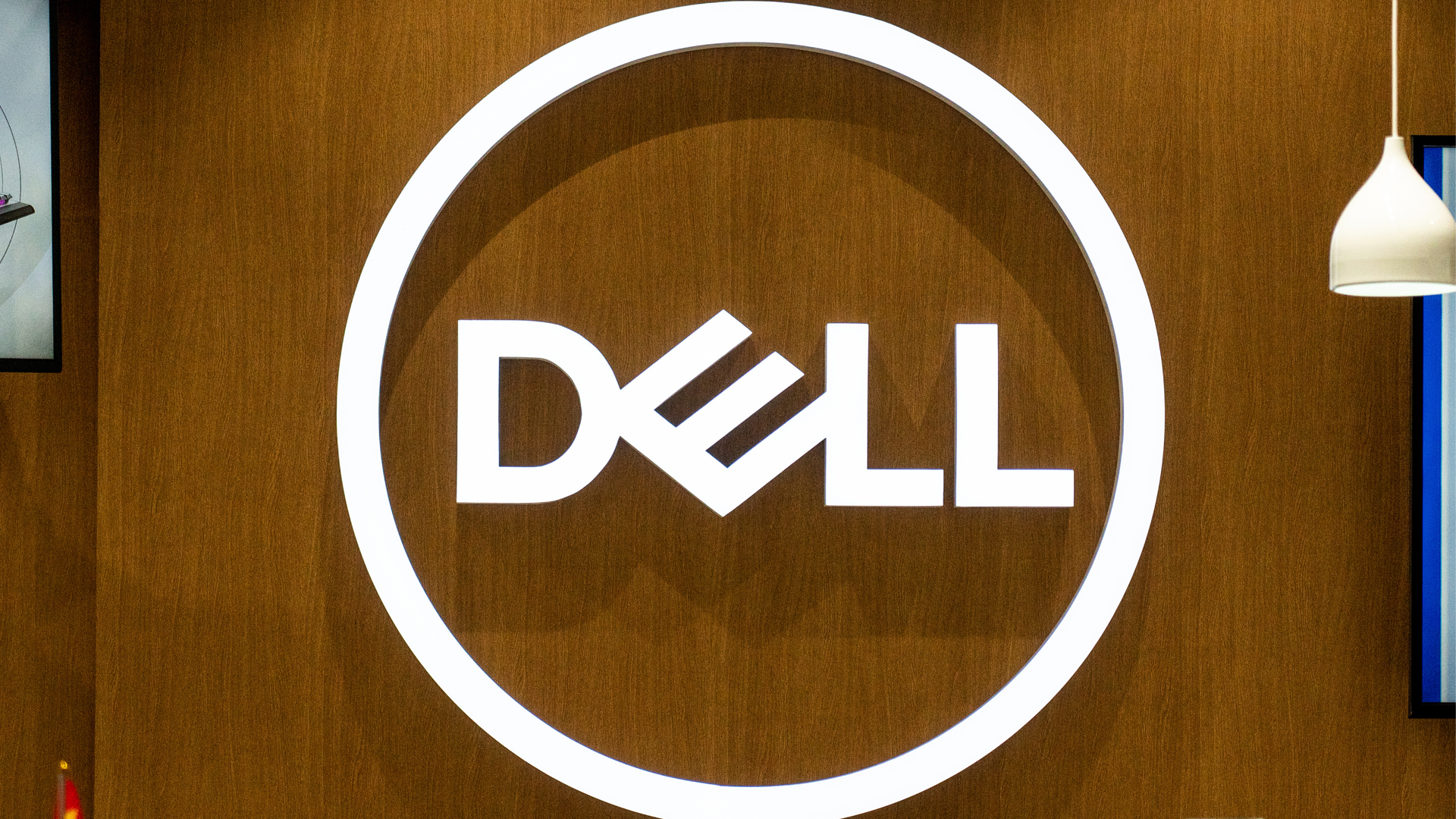
“We appreciate the Commission’s thorough investigation of Slack's complaint and urge the Commission to move towards a swift, binding, and effective remedy that restores free and fair choice and promotes competition, interoperability, and innovation in the digital ecosystem,” Niles added.
Microsoft is embroiled in other antitrust cases as well, such as an ongoing dispute with Cloud Infrastructure Service Providers in Europe (CISPE) in which Microsoft is being accused of anti-competitive software licensing practices.

George Fitzmaurice is a former Staff Writer at ITPro and ChannelPro, with a particular interest in AI regulation, data legislation, and market development. After graduating from the University of Oxford with a degree in English Language and Literature, he undertook an internship at the New Statesman before starting at ITPro. Outside of the office, George is both an aspiring musician and an avid reader.
-
 ‘1 engineer, 1 month, 1 million lines of code’: Microsoft wants to replace C and C++ code with Rust by 2030 – but a senior engineer insists the company has no plans on using AI to rewrite Windows source code
‘1 engineer, 1 month, 1 million lines of code’: Microsoft wants to replace C and C++ code with Rust by 2030 – but a senior engineer insists the company has no plans on using AI to rewrite Windows source codeNews Windows won’t be rewritten in Rust using AI, according to a senior Microsoft engineer, but the company still has bold plans for embracing the popular programming language
-
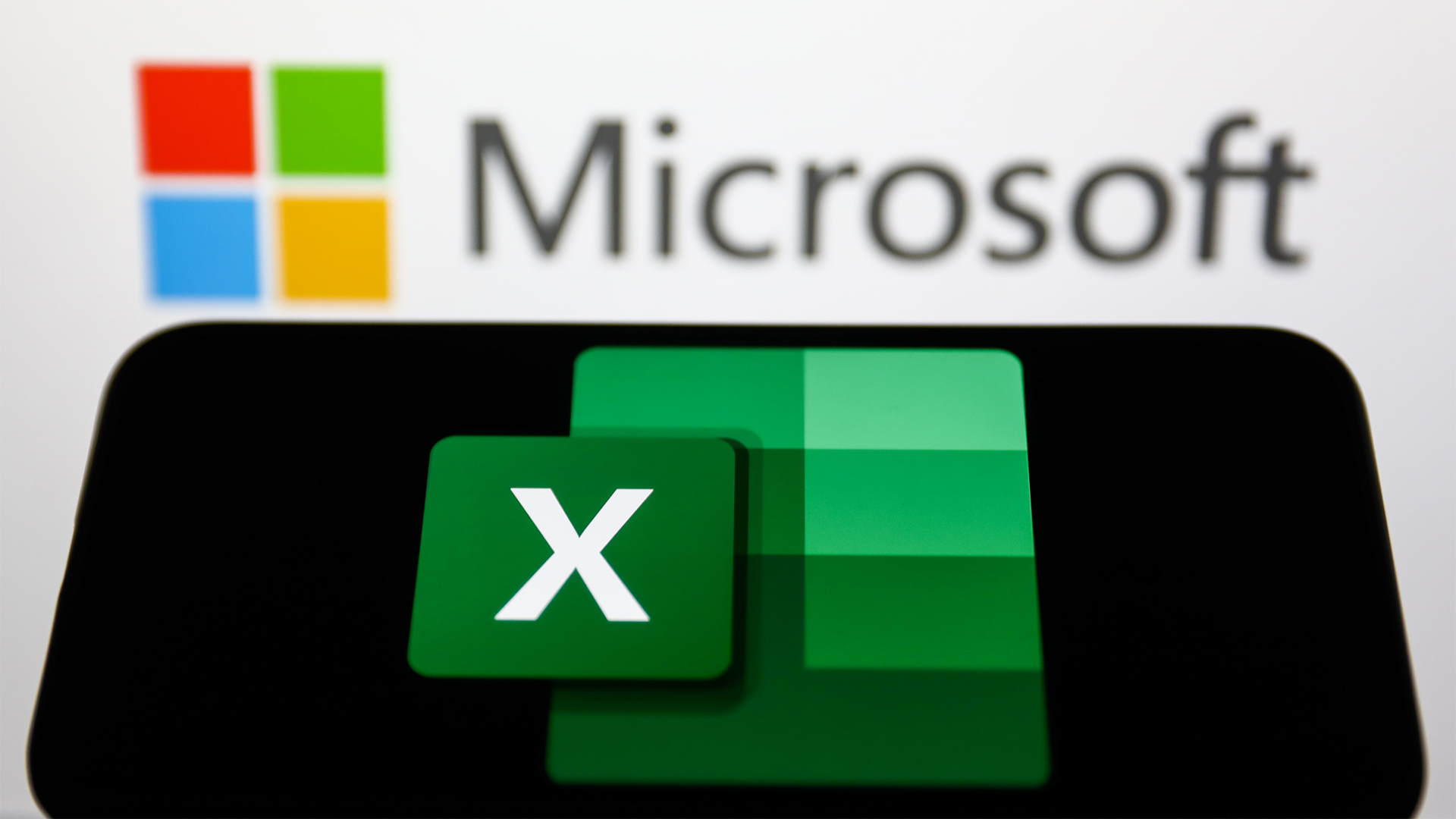 Microsoft Excel is still alive and kicking at 40 – and it's surging in popularity as 82% of finance professionals report ‘emotional attachment’ to the spreadsheet software
Microsoft Excel is still alive and kicking at 40 – and it's surging in popularity as 82% of finance professionals report ‘emotional attachment’ to the spreadsheet softwareNews A recent survey found Gen Z and Millennial finance professionals have a strong “emotional attachment” to Microsoft Excel
-
 Microsoft’s Windows chief wants to turn the operating system into an ‘agentic OS' – users just want reliability and better performance
Microsoft’s Windows chief wants to turn the operating system into an ‘agentic OS' – users just want reliability and better performanceNews While Microsoft touts an AI-powered future for Windows, users want the tech giant to get back to basics
-
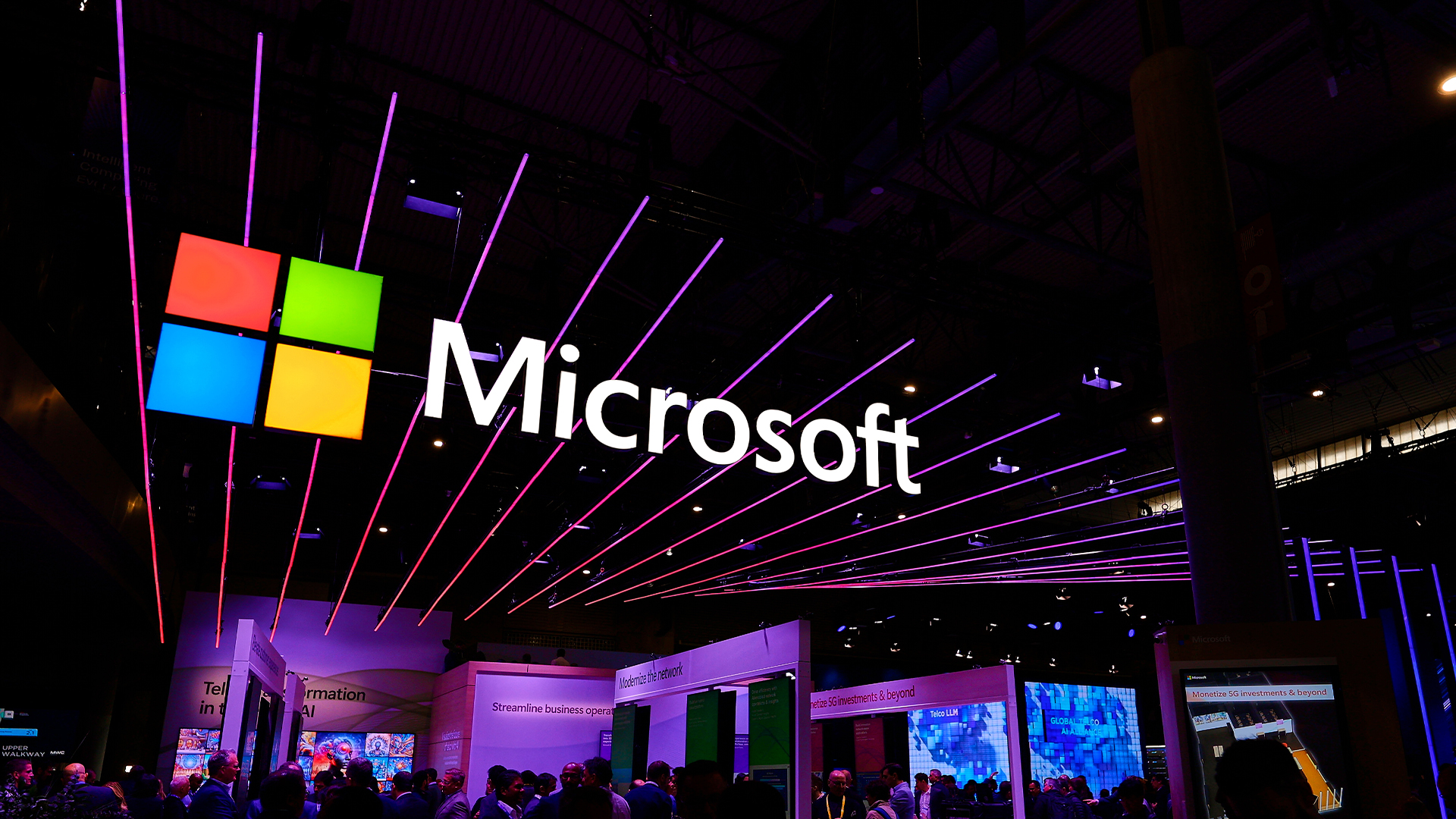 Microsoft 365 price hikes have landed the tech giant in hot water
Microsoft 365 price hikes have landed the tech giant in hot waterNews Australian regulators have filed a lawsuit against Microsoft for allegedly misleading users over Microsoft 365 pricing changes.
-
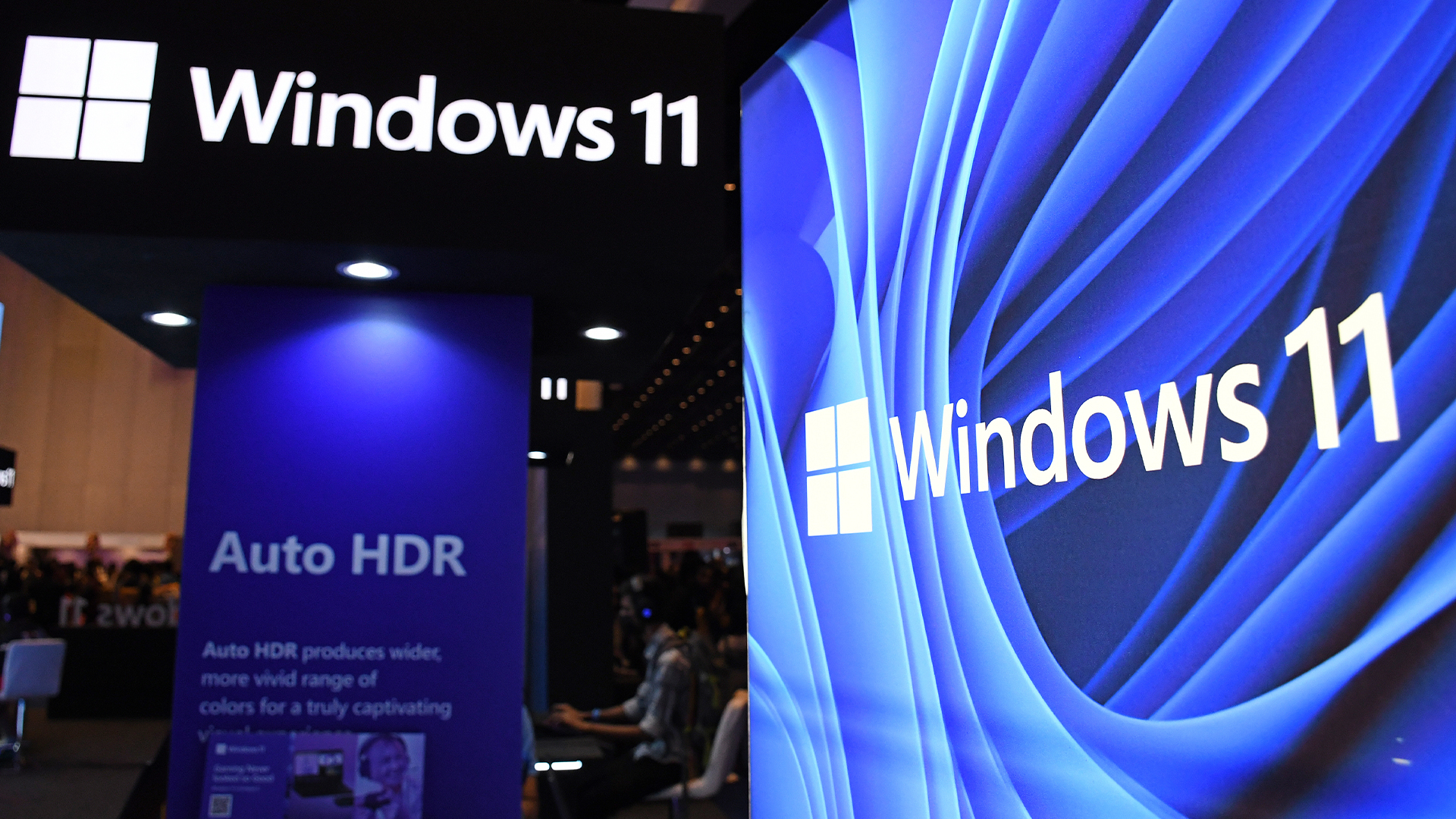 Microsoft issues fix for Windows 11 update that bricked mouse and keyboard controls in recovery environment – here's what you need to know
Microsoft issues fix for Windows 11 update that bricked mouse and keyboard controls in recovery environment – here's what you need to knowNews Yet another Windows 11 update has caused chaos for users
-
 Windows 10 end of life could create a major e-waste problem
Windows 10 end of life could create a major e-waste problemNews The study marks the latest Windows 10 end of life e-waste warning
-
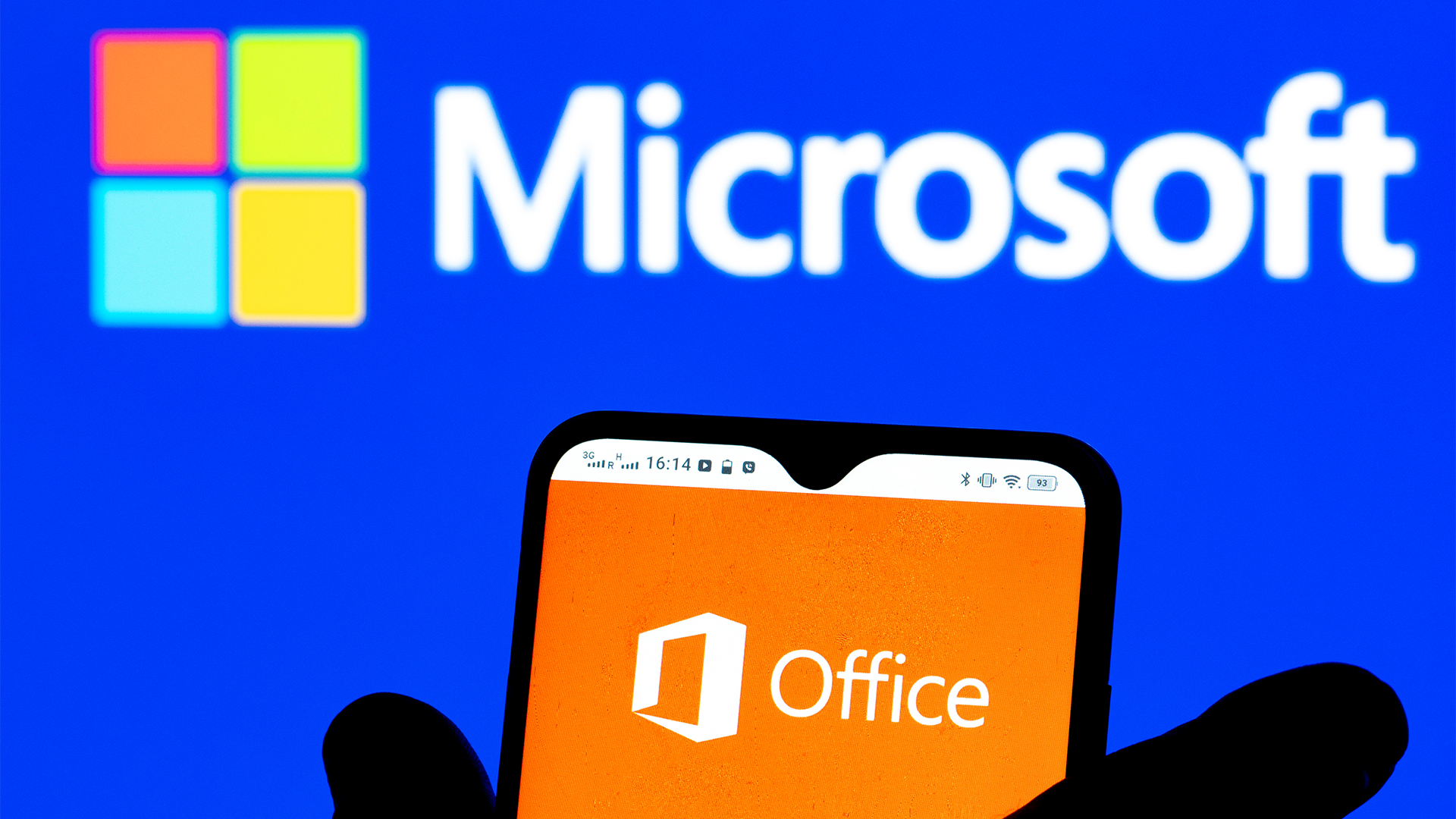 Microsoft Office 2016 and 2019 are heading for the scrapheap next month – but there could be a lifeline for those unable to upgrade
Microsoft Office 2016 and 2019 are heading for the scrapheap next month – but there could be a lifeline for those unable to upgradeNews The tech giant has urged Office 2016 and Office 2019 users to upgrade before the deadline passes
-
 UK government programmers trialed AI coding assistants from Microsoft, GitHub, and Google – here's what they found
UK government programmers trialed AI coding assistants from Microsoft, GitHub, and Google – here's what they foundNews Developers participating in a trial of AI coding tools from Google, Microsoft, and GitHub reported big time savings, with 58% saying they now couldn't work without them.

